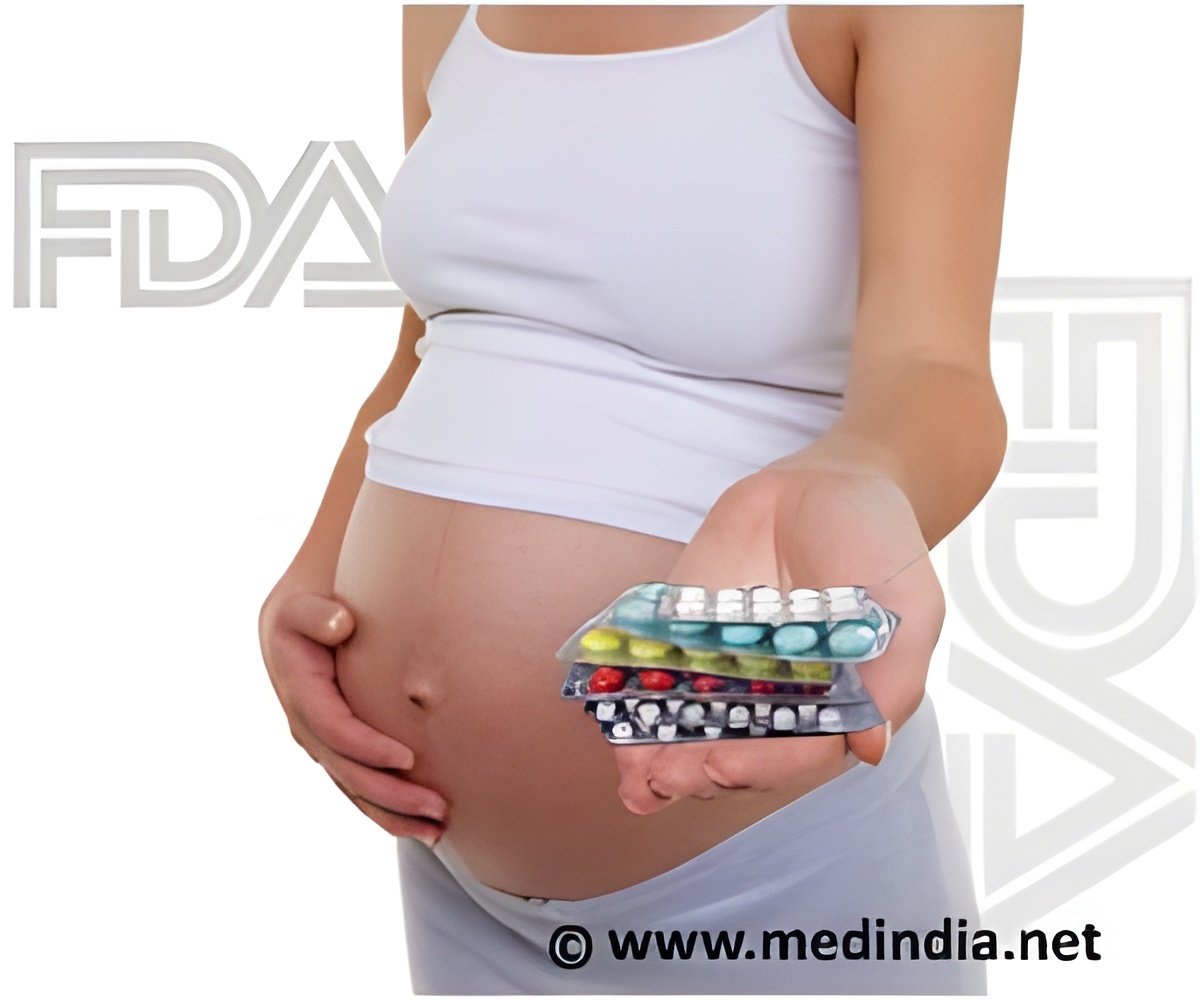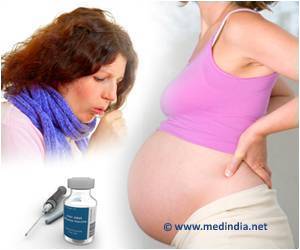Women who take anti-depressants during pregnancy are more likely to give birth to babies with persistent pulmonary hypertension.

The study, carried out by researchers at the Centre for Pharmacoepidemiology at Karolinska Institutet in Stockholm Sweden, reviewed 1.6 million births in total between 1996 and 2007 in five Nordic countries: Denmark, Finland, Iceland, Norway and Sweden. The babies were assessed after 231 days (33 weeks).
A total of 1,618,255 singleton births were included in the study. Approximately 11,000 of the mothers filled out a prescription for anti-depressants in late pregnancy and approximately 17,000 in early pregnancy. Those who did fill out a prescription were generally older mothers who also smoked. A further 54,184 mothers were identified as having previously undergone psychiatric diagnosis but were not currently taking any medication.
Factors taken into account during the study included persistent pulmonary hypertension, maternal smoking, BMI (in early pregnancy), year of birth, gestational age at birth, birth weight and maternal diseases including epilepsy, malignancies, arthritis, bowel disease, lupus and pre-eclampsia.
The uses of several drugs were analysed which included fluoxetine, fluvoxamine, citalopram, paroxetine, sertraline, fluvoxamine and escitalopram. Although, research found that fluvoxamine had rarely been used and that none of the children with persistent pulmonary hypertension were exposed to this drug.
The results found that out of 11,014 mothers who used anti-depressants in late pregnancy just 33 babies (0.2%) were born with persistent pulmonary hypertension and out of 17,053 mothers who used anti-depressant drugs in early pregnancy, just 32 babies (less than 0.2%) were diagnosed with persistent pulmonary hypertension. A total of 114 babies whose mothers had previously been diagnosed with a mental illness were found to be suffering from the disease.
Advertisement
While the authors acknowledge that the risk of developing pulmonary persistent hypertension is low (around three cases per 1000 women which more than doubles if anti-depressants are taken in late pregnancy) they still advise caution when treating pregnant women with SSRIs.
Advertisement
Source-Eurekalert















